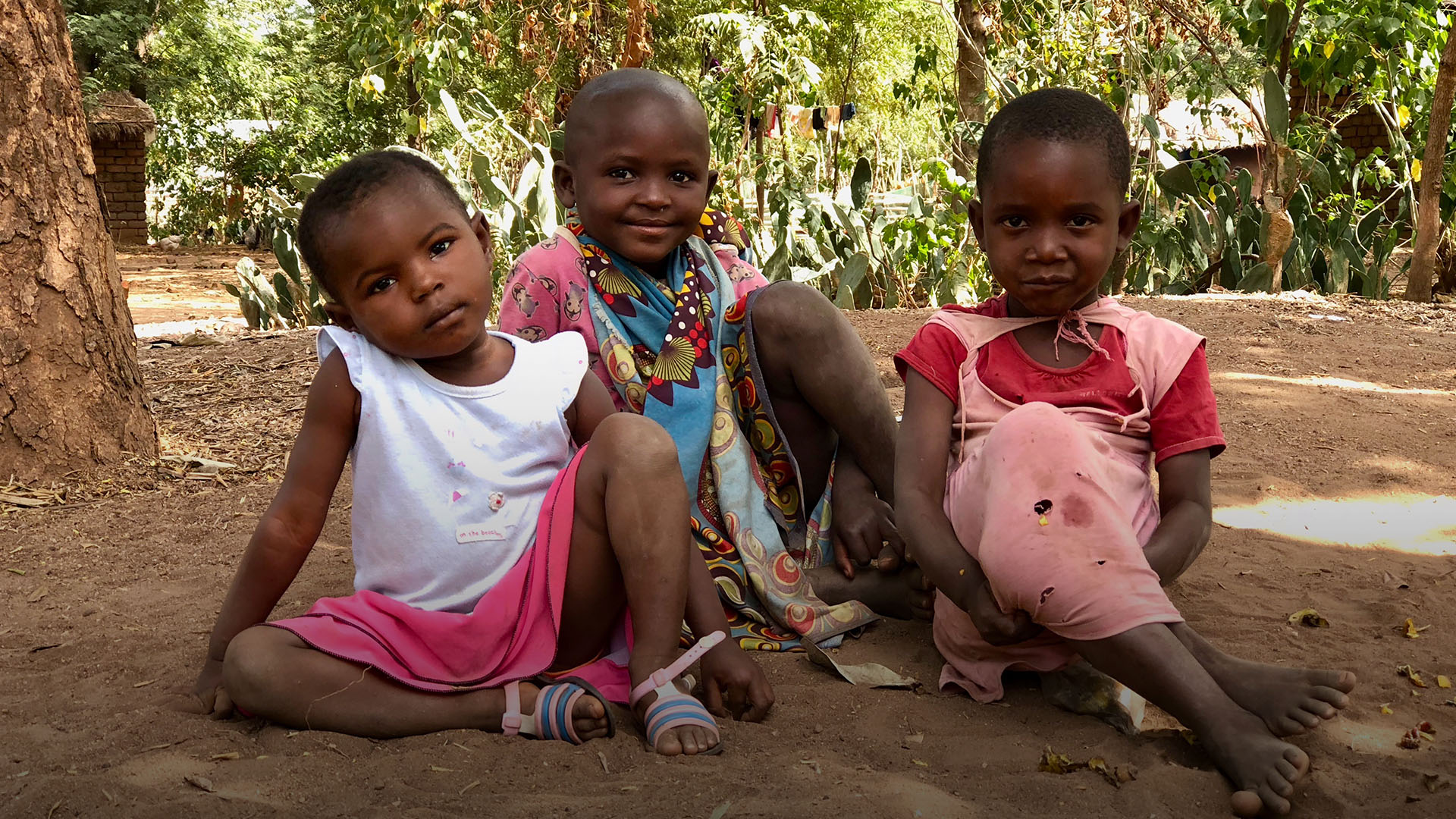In Malawi, believers are banding together to help their most vulnerable members as they all face the impact of the coronavirus.
No matter where we work in the world, World Challenge’s greatest desire is to communicate the truth of scripture and the person of Jesus Christ in an accurate clear and practical manner.
We believe that helping people understand God’s love and plan for their lives and how to follow biblical principles will bring lasting transformation to their whole life. Communities can be transformed mentally, physically, socially, financially and spiritually. The COVID-19 pandemic put the work our teams were doing to the test, seeing if local churches had absorbed the heart behind the lessons and resources. What we found was a delight.
The small, southern country of Malawi was not spared from the impact of COVID-19, especially communities working to escape the cycle of poverty. However, communities and churches are pulling together to support their members most in need of help.
Loving Their Neighbors
One significant people group who were hard-hit by repercussions from the coronavirus lockdowns were Malawi’s Chikwawa.
Historically, their main town was the first that David Livingston came across in Malawi, but he found that this region had been ravaged by Portuguese and Arabic slave traders. In addition to this dark social history, the surrounding land floods frequently, causing crop losses and destruction of homes.
Families in this district have a lot to overcome. The vast majority don’t have internet access, and many don’t even have radios to hear the news or understand why borders were closing and marketplaces no longer had the normal food options. Food insecurity and sanitation problems are areas where the community is developing, but COVID-19 put these issues in stark relief.
A bishop from one of our partner churches took immediate initiative by conducting an awareness campaign in six communities around the Chikwawa District, using informational lessons from the World Challenge teams. They had a vision to reach 15 different villages that were particularly susceptible to economic and social upset.
They set about making and collecting bars of soap, bags of maize flour and face masks to distribute.
A Community Rising Up Together
Together a committee sat down to decide on their action plan. Local leaders were involved to set up the criteria for who would receive aid. They chose elders, those who had a disability, households where the mother or a child was the main breadwinner and widowers. The selection was transparent and accountable to all the stakeholders who were involved during the process.
Distribution was done by church members in corroboration with church leaders, pastors and chiefs so that the most vulnerable village members were selected and items were given to the right beneficiaries.
Local believers organized and conducted practically every step of this process. They used the lessons and financial support from World Challenge to create their own care program for the community’s most vulnerable members.
These practical outpourings of God’s love through the local church is what we strive to support all throughout the world.
